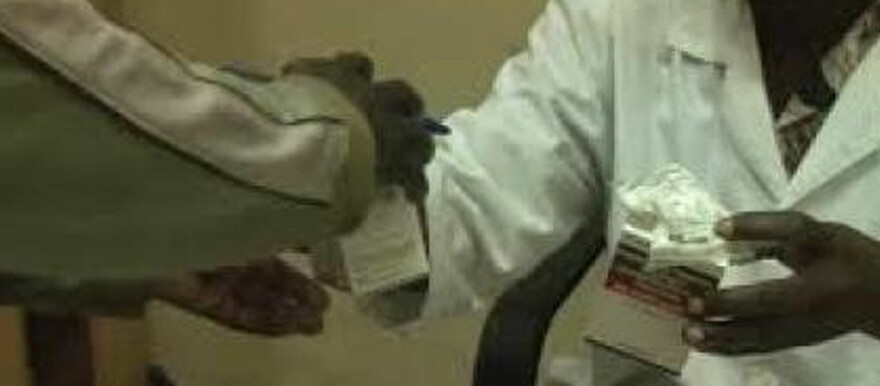A severe shortage of life-saving drugs has hit Pochalla County in the Greater Pibor Administrative Area (GPAA) forcing patients to travel hours to get treatment, authorities said.
Amen Opiew, the county health director, told Radio Tamazuj Wednesday that they had run out of life-saving drugs amidst a rise in the cases of malaria and respiratory infections since April.
“We last received a drug consignment last year. The one we received in March was on an emergency basis,” he explained. “Now, antibiotics, injectable drugs, and even painkillers are lacking and yet cases have been increasing in recent months. In a day, we can receive 60 patients, mostly sick of malaria.”
Opiew pointed out that the shortage has forced them to refer patients to Ethiopia.
“For patients with severe cases, we write a referral so that they cross the border and get treatment there (Ethiopia) while those with minor cases are sent to private clinics,” he said. “The situation is really bad and we appeal for an urgent intervention.”
Ariet Obang, a patient admitted to the hospital, said he was diagnosed with typhoid but had not received any treatment.
“I was brought to the facility two days ago with diarrhea and eye pain. I was tested yesterday (Tuesday) and told that I had typhoid and since then I have been taking Oral Rehydration Salts (ORS). There are no drugs,” he said.
Abang Omot, another patent, said she had to buy prescription drugs and called on the government and its partners to stock the health facility with medicine.
For his part, Owety Olung, the acting Pochalla County commissioner, admitted there has been a drug shortage for months and called on health agencies operating in the country to come to their aid saying the county lacks resources to fill the gap.




